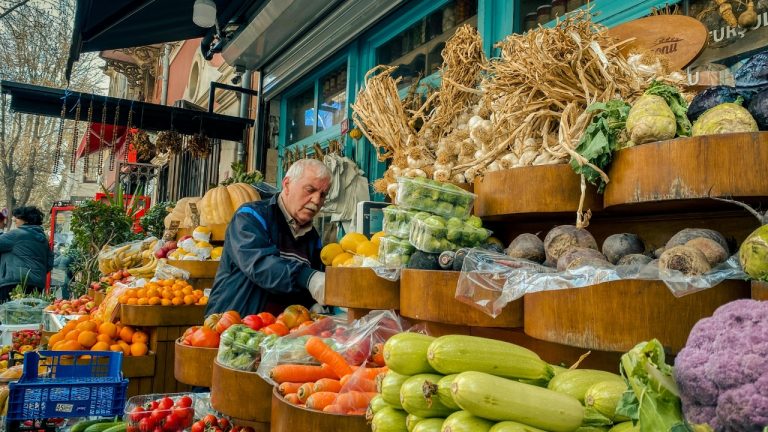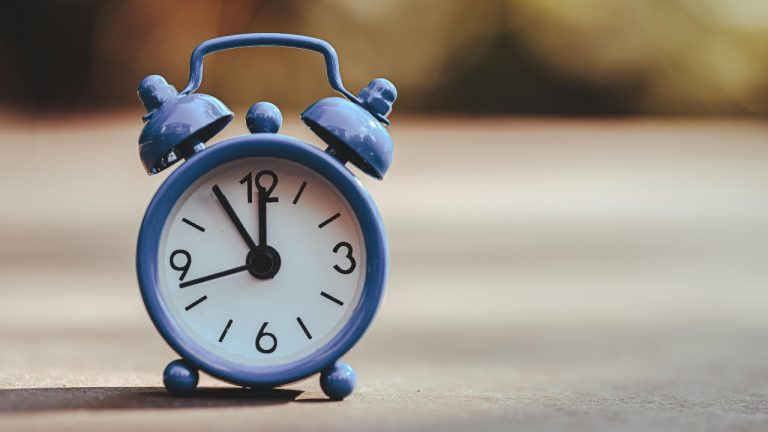The screen lights up. You’re half-asleep, thumb scrolling through a stream of faces and captions, one friend posting sunrise affirmations, another ranting about traffic, a cousin documenting every meal like it’s breaking news. Somewhere between admiration and exhaustion, you pause and wonder: When did sharing become survival?
Social media turned us all into broadcasters, except we never agreed on the programming. Some of us narrate every hiccup, heartbreak, and oat latte like it’s a docuseries. Others treat our feeds like locked vaults, polished once a year for inspection. The rest hover in that fuzzy middle occasionally posting a sunset, deleting it two hours later because, well, it felt “too much.”
Maybe you’ve felt it too: that twitch of self-consciousness before hitting “Share.”
The Oversharer: Vulnerability or Performance?
There’s a specific chaos to oversharing an honesty so loud it sometimes drowns itself out. You know the type (maybe you are the type): front-camera confessions at 2 a.m., song lyrics as therapy, “unfiltered” selfies with perfect lighting. The posts say, I’m just being real, but the algorithm rewards spectacle over sincerity.
It’s easy to mistake visibility for connection. Oversharing feels like control in a world that keeps shifting beneath us. You choose what people see, even if it’s messy. Especially if it’s messy. Because messy equals “authentic” now, right?
Still, there’s a cost. When every feeling becomes content, emotions start performing for likes instead of healing in private. The dopamine rush fades fast. The quiet afterward feels heavier than it should. And when the feed stops responding, you start wondering if maybe you said too much or maybe not enough to matter.
Funny how that happens.
The Mystery: Privacy or Evasion?
Then there are the “quiet ones.” Their profiles are like abandoned houses: a single display picture from 2017, a story once every few months, maybe a cryptic quote if something major happens. They watch, but rarely speak.
It’s tempting to call them mysterious, but often it’s more about self-preservation than mystique. Some people just don’t want their lives up for auction. Others have learned the hard way that attention feels flattering until it doesn’t.
There’s dignity in silence, but also distance. Stay private too long, and people stop asking. You become an algorithmic ghost still scrolling, still present, but forgotten by design.
Sometimes being a “mystery” online isn’t a choice at all. It’s fatigue. It’s wanting to live without documenting the evidence. Or maybe it’s rebellion, a small act of refusal in a culture obsessed with constant display.
Still, let’s be honest: mystery has its own performance. The curated nonchalance, the occasional poetic caption, the “oops, I forgot to post” energy. It’s a different kind of attention, dressed as absence.
The Line Between Sharing and Showing Off
What’s tricky is that none of us really know where the line is. One post feels meaningful; the next feels like noise. You share a milestone, someone calls it bragging. You go quiet for a while, someone assumes you’re struggling. It’s a loop of perception we can’t escape.
Oversharing and undersharing are both survival strategies. The first says, If I tell my story, I control it. The second whispers, If I stay silent, no one can distort it.
But social media doesn’t reward nuance. It wants volume, not subtlety. The algorithm doesn’t understand emotional context, just engagement metrics. And in trying to stay “authentic,” we end up performing versions of ourselves that get the most applause.
Somewhere in that process, honesty becomes editing.
Why We Share (Even When We Don’t Want To)
It’s strange how compulsive it’s become this need to document. We post sunsets not to remember them, but to confirm they happened. A photo says, I was there. I mattered.
Psychologists might call it “self-presentation theory.” But it feels simpler: we share to belong. To be seen. To feel less alone in a noisy room.
For some, that means constant updates of the stream of consciousness turned into a slideshow. For others, belonging comes from restraint, from being the observer instead of the observed. But either way, the motivation isn’t that different. It’s still about connection, just expressed through opposite instincts.
There’s also fear. Fear of missing out, fear of irrelevance, fear of what silence might imply. We post to prove we’re still here, still interesting, still evolving, still part of the collective scroll.
And then we blame the platforms for amplifying it, when deep down we know the platforms just mirror us back.
The Spectrum of Sharing
Maybe it’s not really a binary. Not oversharer or mystery, but something in between a spectrum that shifts depending on mood, confidence, or heartbreak.
You might overshare after a breakup, then go off-grid for months. You might post your dog every day but hide your job loss. You might curate your feed to look effortless while privately spiraling.
There’s no “healthy” posting frequency. No universal balance. What matters is whether your sharing feels like expression or obligation. Are you documenting your life, or managing perception? Are you posting to connect, or to convince?
The difference is small but everything.
The Digital Mirror
Scroll long enough and you start to notice your feed is a mirror, not a window. The accounts you follow reflect your moods back to you. The tone of your captions changes when you’re happy versus hollow.
Sometimes, you see an old photo pop up from three years ago, and it feels like someone else’s life. Maybe it was.
Social media holds our ghosts. The versions of us who tried too hard, said too much, or disappeared without explanation. We cringe at them, but also thank them because each post, each silence, each phase of sharing taught us how to be seen and unseen on our own terms.
There’s grace in that.
So, Which One Are You?
You might be the storyteller who shares everything. Or the shadow who shares nothing. Or the shifting in-between honest when it feels right, hidden when it doesn’t.
Try this: the next time you reach for your phone to post, ask yourself what you actually want from it. Validation? Witnessing? Or maybe just release? There’s no wrong answer. But the question itself can change how you share.
Because at the end of the day, being online is a kind of intimacy. And like all intimacies, it asks for balance between exposure and protection, between showing up and staying grounded.
So are you an oversharer or a mystery? Probably both, depending on the week, the heartbreak, or the Wi-Fi signal.
Either way, you’re human. Which is the whole point of being online in the first place.




